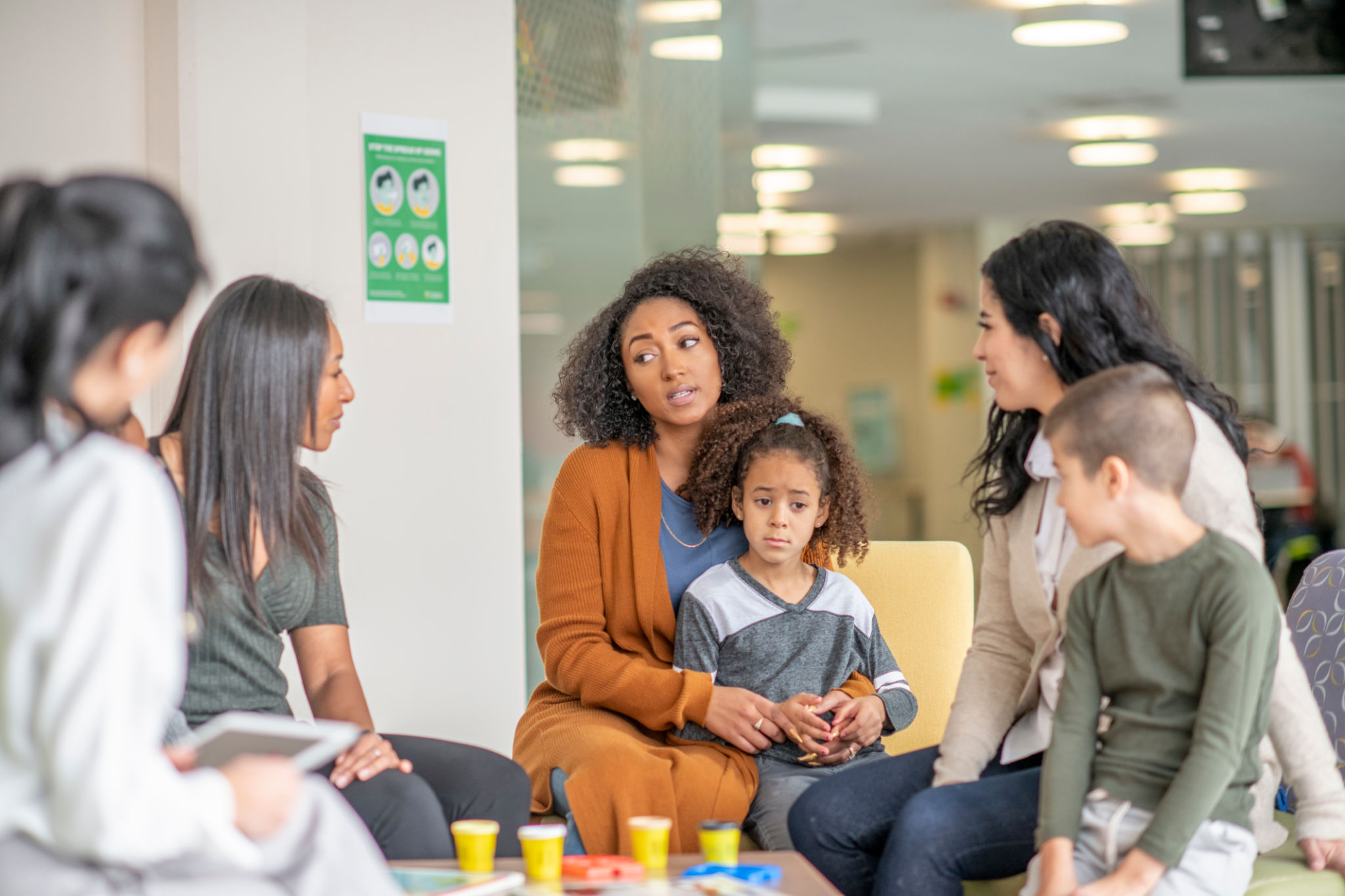Expert Advice: Overcoming Loneliness After Loss
Understanding Loneliness After Loss
Experiencing the loss of a loved one can be an incredibly isolating event. The emotional vacuum left behind often leads to feelings of loneliness, making an already difficult time even more challenging. Understanding the nuances of this loneliness is the first step toward overcoming it. While everyone processes grief differently, acknowledging and addressing these feelings is crucial for healing.

The Impact of Grief on Social Connections
Grief can drastically alter your social interactions. You might find yourself withdrawing from friends and family, unsure how to communicate your feelings or worried about being a burden. This isolation can exacerbate loneliness, creating a cycle that's hard to break. It's important to remember that reaching out to others can provide the support you need during this time.
Consider these strategies to maintain social connections:
- Reach out to trusted friends or family members for conversations, even if they are brief.
- Join a support group where you can share experiences with others who understand your situation.
- Utilize technology to stay in touch, such as video calls or messaging apps.
Embracing New Activities
Engaging in new activities can provide both a distraction from loneliness and an opportunity to meet new people. Whether it's taking up a hobby, volunteering, or enrolling in a class, these activities can help fill the void left by loss. They can also introduce you to a community of individuals who share your interests, providing a platform for new friendships.

The Role of Self-Compassion
During this vulnerable time, practicing self-compassion is essential. Understand that it's okay to feel lonely and that healing is a gradual process. Be gentle with yourself and allow ample time for grieving. Self-compassion can also involve setting boundaries and recognizing when you need space versus when you need human connection.
Here are some ways to practice self-compassion:
- Set aside time each day for self-care activities that you enjoy.
- Write down your feelings in a journal to process emotions.
- Seek professional help if you find it difficult to cope alone.
Building a Support Network
Creating a support network is crucial in overcoming loneliness after loss. This network can consist of family, friends, support groups, or mental health professionals. Each provides different forms of support, from offering a listening ear to professional counseling services. Understanding who you can turn to in times of need can significantly ease the burden of loneliness.

Long-Term Strategies for Coping with Loneliness
As you navigate life after loss, implementing long-term strategies to manage loneliness can be beneficial. These strategies can include maintaining open communication with loved ones, regularly participating in social activities, and continuing to explore new interests. Over time, these approaches can foster a sense of belonging and reduce feelings of isolation.
Ultimately, overcoming loneliness after loss is a journey that requires patience and persistence. By understanding your feelings, seeking support, and embracing new opportunities, you can begin to heal and find companionship once again. Remember, it's important to honor your unique path through grief and reach out for help when needed.